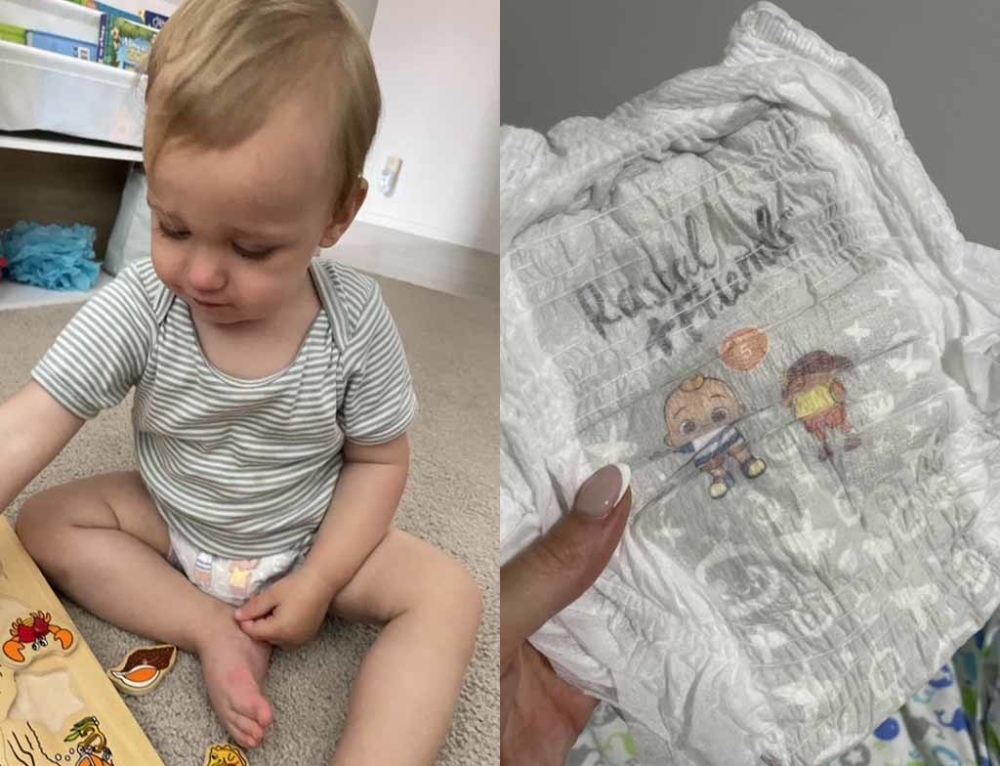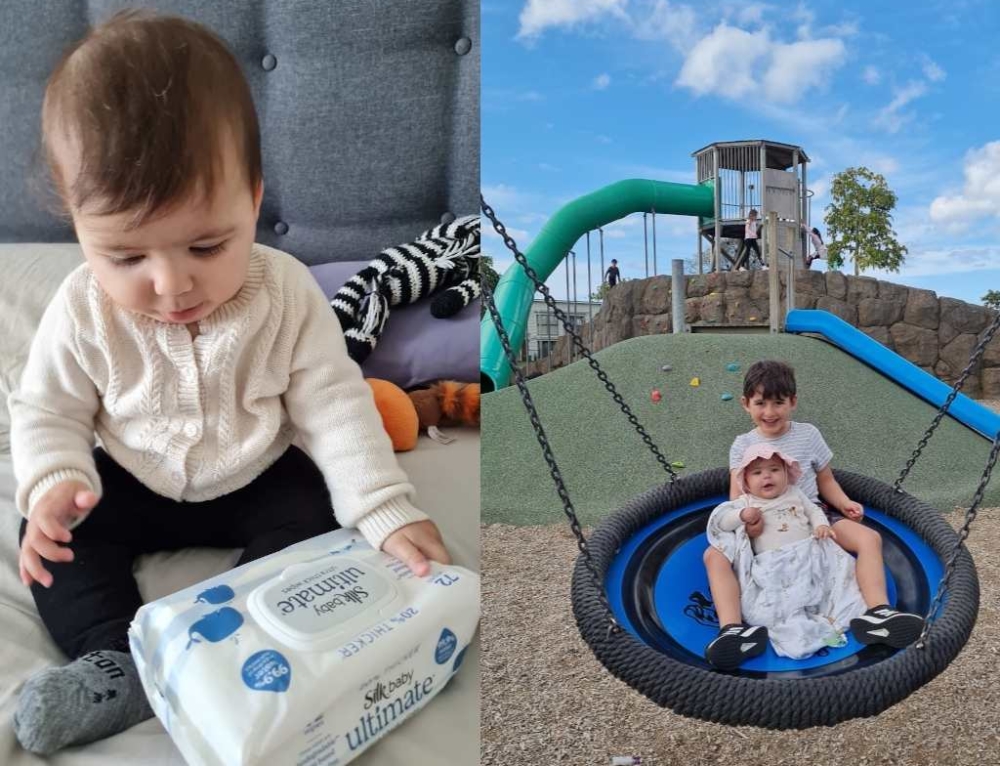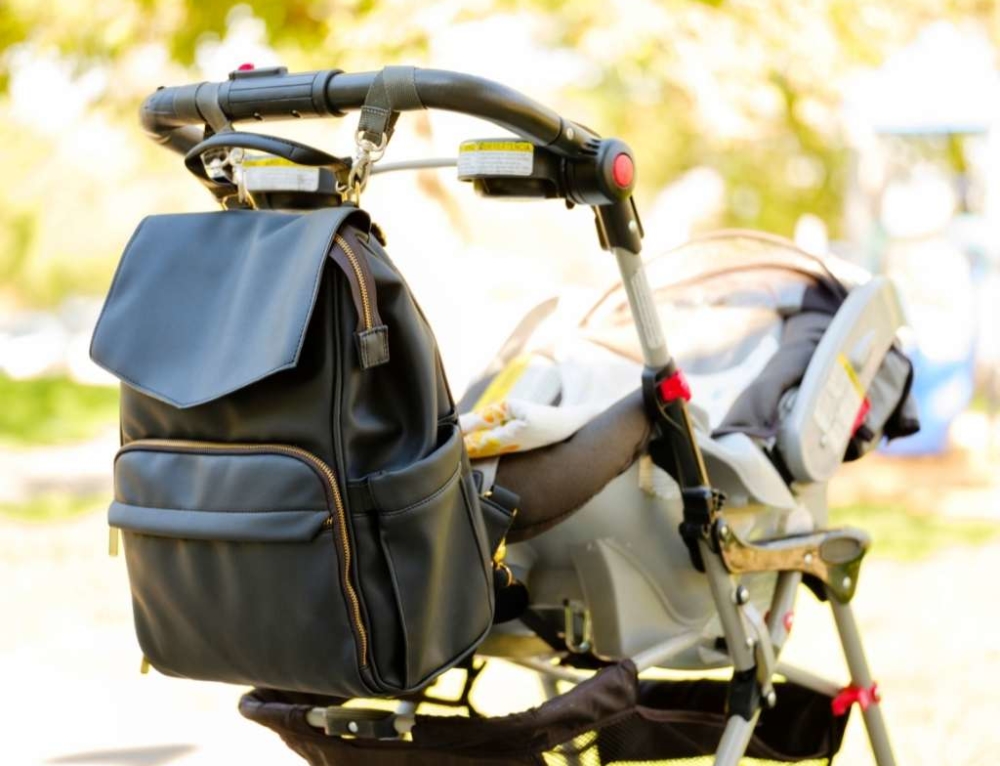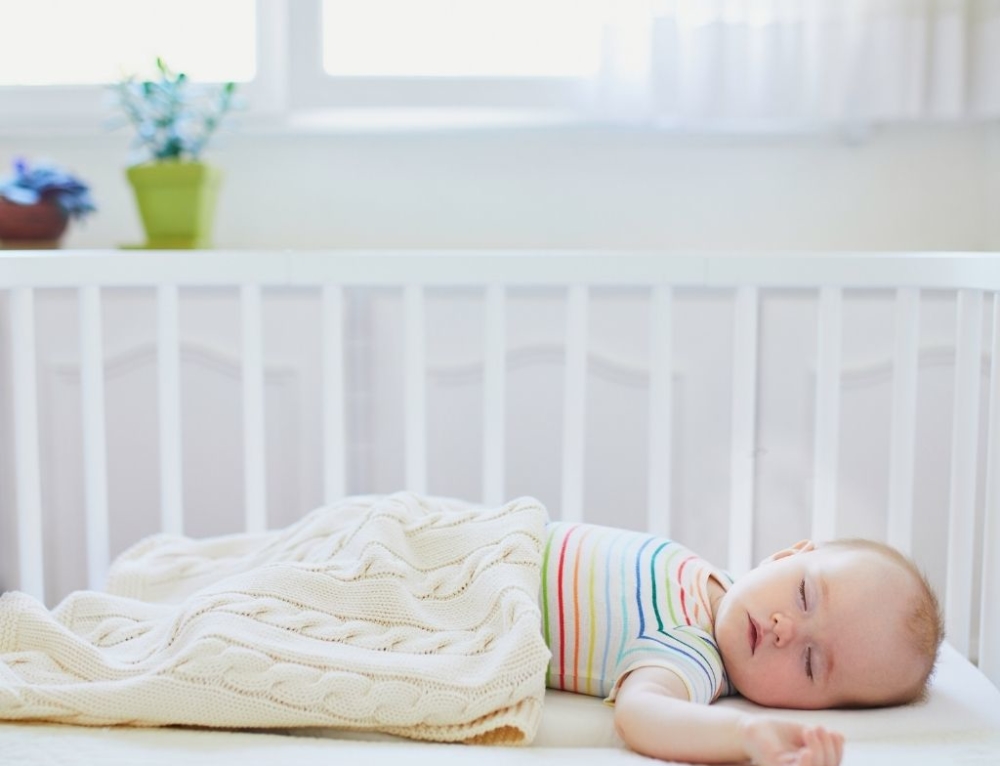With many partners heading back to work two or three weeks after their baby is born, it can be an exhilarating and/or nerve-wracking time for many mothers. You might be finding life with a new baby a breeze, or you might be having difficulties feeding, or dealing with excessive crying. It’s important for new mums to surround themselves with a network of supportive people, so join a mother’s group or contact the New Zealand Breastfeeding Association if you’re having issues with breastfeeding.
A day in the life…
While a set routine isn’t advisable when your baby is two to three weeks old, you may start to see some more structure coming into you and your baby’s days and nights. (Although don’t worry if this isn’t the case, as each baby is so different). As a rough guide, your baby might wake, feed, have a nappy change, cuddle or some fresh air, followed by another sleep, six or more times in each 24-hour period, and be able to stay awake for between one and two hours.
Sleep tips
A tired two to three-week old baby can be put into their bassinette while awake and will usually fall asleep on their own. Some new babies prefer a quiet, dark place, others settle more easily in lighter, noisier places. Some babies are harder to settle than others and many need help from their carer (see below). Many babies fall asleep in a sling when mum goes for a walk or in their capsule in the car, although may wake when the car stops – some parents find themselves going for several drives a day, and even during the night when their baby forms a sleep attachment with the car. So using your station-wagon as your baby’s primary sleeping place might lead to issues long-term.
9 ways to settle your baby
- Swaddle, or wrap, bub in a thin cotton sheet or swaddling blanket
- Rock them in a pram or your arms for a short time and then settle into bed
- Settle in their bassinette and pat with a cupped hand. Start patting quickly and then slow down as bub calms
- Use a baby sling – it may help bub settle and allows you to do some jobs or go for a walk
- Walking in the pram, especially over bumpy surfaces, can also help your baby relax and fall asleep
- Soothing music or household noise in the background can help babies relax – some babies fall asleep to the vibrating noise of the washing machine or tumble dryer
- Check that your baby isn’t too hot or cold, that their clothing isn’t too tight and that they don’t need their nappy changing
- A warm bath can often settle your baby
- Offer another feed, (often called a ‘top-up’ feed)
Bedtime ritual
Even with young babies you can start a bedtime ritual that is a cue for sleep and helps them relax. Try singing a nursery rhyme or song, give them a kiss goodnight, accompanied by some special soft words as you put them down.







Leave A Comment
You must be logged in to post a comment.